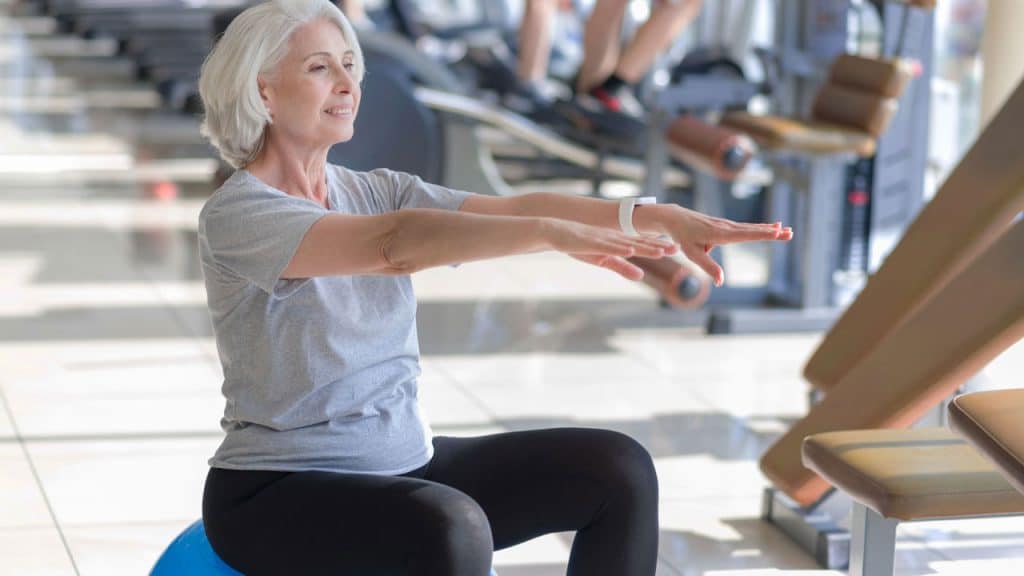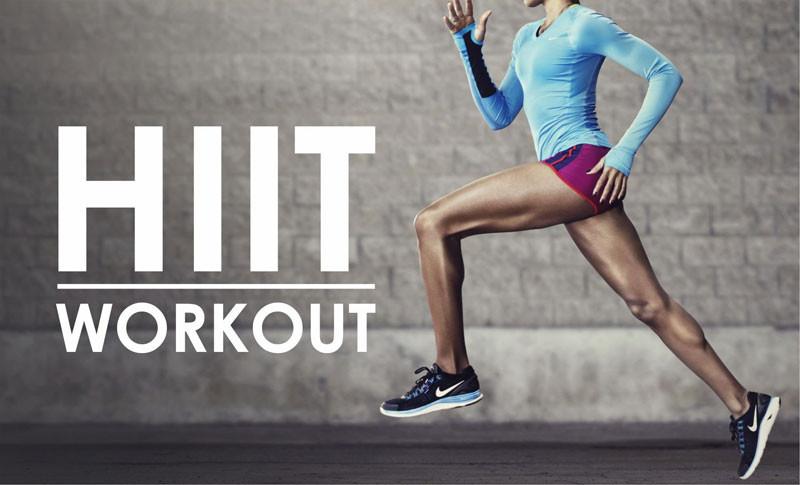Being a top athlete comes with all kinds of physical advantages. You’re stronger, more flexible and can last longer. One thing that may not be talked about as much (unless you already have hypertension) is how it impacts your blood pressure.
Hypertension is high blood pressure, which comes with its own health worries, and something your doctor is likely to tell you when you’re diagnosed with hypertension is that exercise is a way to bring it down. There’s science to support it (https://bjsm.bmj.com/content/50/6/356).
Exercise a lot, and you may even end up with blood pressure that’s lower than average, properly called hypotension. It’s not always clear exactly how this works and there are variations depending on the type and intensity of sport (https://pubmed.ncbi.nlm.nih.gov/25631543/). Blood pressure studies also tend to vary in their methodology, making them difficult to compare.
Most of the time, hypotension doesn’t have any symptoms and it’s not as concerning as blood pressure that’s too high. It may cause some light-headedness and dizziness, which can be a problem if it’s during the middle of an exercise session. Low blood pressure is at its worst when you sit or stand up, so sometimes starting with gentler movements may be a good idea.
Your blood pressure may rise during a particularly hard workout when your heart has to pump harder to keep you going, but it will drop again afterwards, probably in just a few minutes. The more you exercise, the healthier your heart and blood vessels will be, meaning they need to work less hard when you’re resting and return to normal more quickly when you have exercised.
Again, the type of exercise you do is going to impact how effective exercise is at getting your blood pressure to your preferred level, such as doing strength versus endurance training. If you know you have blood pressure problems, you should probably talk to your doctor before starting any exercise to make sure you’re choosing the best workout for your circumstances.
How well your sports performance goes as a whole is going to depend heavily on your heart and blood flow, and ensuring they’re all working as they should. The exercise you do is likely to change your heart and blood flow again, hopefully for the better. It’s something you need to constantly be aware of, just like other aspects of exercise.




